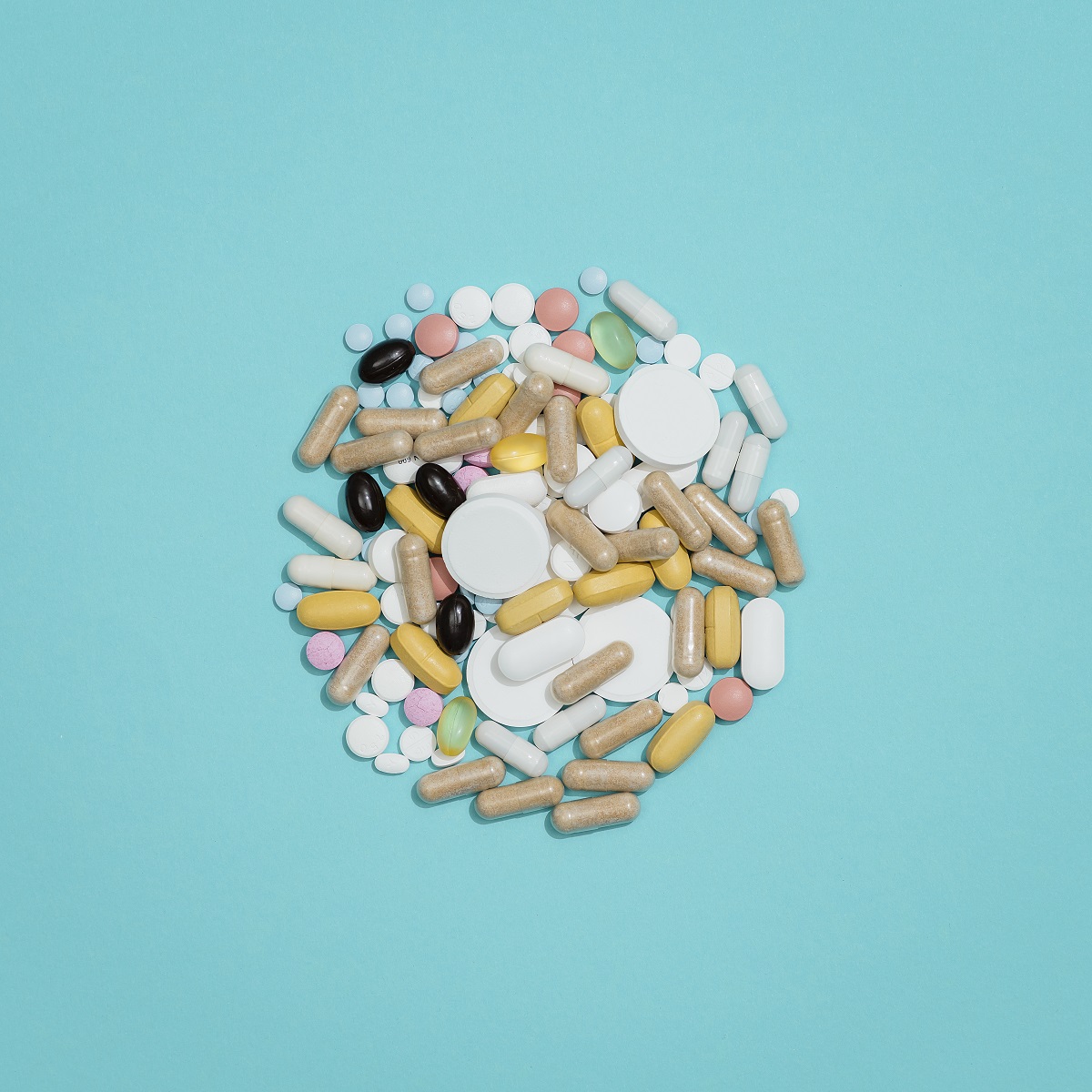A foodborne condition in which people become sick from food or drinks is called food poisoning. It usually occurs due to germs and other harmful parasites or viruses in the drinks or food.
The most common symptoms of food poisoning include stomach upset, diarrhea, and vomiting. The symptoms occur differently depending on the type of germs from the food or drinks and may happen within hours or a few days. However, most people get better without treatment but in some cases, food poisoning may cause serious conditions or complications.
Symptoms
The symptoms usually appear according to the bacteria, parasite, or virus type that causes food poisoning. Check below the most common symptoms of this condition:
Check below some symptoms that occur less frequently but can negatively affect the nervous system and cause serious health problems:
- Vision changes (such as double or blurred vision)
- Loss of movement in arms or legs
- Swallowing problems
- Weakness
- Voice sound changes
- Numbness or tingling of the skin
When to Visit a Doctor?
Infants and Children
When diarrhea and vomiting occur, it may lead to a quick loss of body fluids, which may cause dehydration and other serious health problems. Immediately contact your healthcare professional if your child has diarrhea and vomiting along with any of the following symptoms. Examples include:
- Thinking or behavioral changes
- Excessive thirst
- Little urination
- Weakness
- Dizziness
- Prolonged diarrhea
- Stools with blood or pus
- Fever of 102 F or 38.9 C degrees
Adults
Seek emergency care if any of the following symptoms happen. For example:
- Persistent vomiting
- Fever of 103 F or 39.4 C degrees
- Nervous system problems (such as muscle weakness, blurred vision, and others)
- Dehydration symptoms (such as dry mouth, little urination, severe weakness, lightheadedness, and others)
Causes
Commonly, contaminants (germs and other harmful things) cause foodborne conditions. When food or drinks contain contaminants they are called contaminated. Check below some examples of what can contaminate the food:
- Bacteria
- Viruses
- Parasites
- Poisons (toxins)
- Molds that produce toxins
In addition, food poisoning is used to describe all foodborne illnesses but physicians may use foodborne illnesses meaning all conditions caused by contaminated food or drinks, and food poisoning that is caused by a specific toxin in food.
How Food Contamination Happens?
The food can become contaminated at any point from fishery or farm to the table and the problem may begin during harvesting, growing, catching, shipping, storing, and other parts. However, food contamination may happen even at home due to the following causes. For example:
- Poor handwashing – People who do not wash their hands, especially after the toilet may have feces on their hands that may contaminate the food.
- Not disinfecting eating and cooking areas – It is advised to disinfect regularly knives, cutting boards, and other kitchen tools that may spread contaminants.
- Improper storage – The food may also become contaminated if it is not stored properly. For example too long at room temperature or refrigerator.
The Most Common Causes of Food Poisoning
Check below the cause and common sources:
- Bacillus cereus (bacteria) – Long-term stay of the following foods. For example leftovers, sauces, soups, rice, meats, and others.
- Campylobacter (bacteria) – Undercooked or raw shellfish, poultry, and unpasteurized milk or contaminated water.
- Clostridium botulinum (bacteria) – These include honey, home-preserved foods (including fermented fish or beans and alcohol), commercial canned foods, and oils.
- Escherichia coli (bacteria) – Undercooked or raw meat, unpasteurized juice or milk, soft cheeses, and fresh fruits and vegetables. Sometimes, this bacteria may spread to food or drinks due to the feces of people with E. coli.
- Giardia lamblia (parasite) – Contaminated water and food with feces that contain the parasite.
- Hepatitis A (virus) – undercooked or raw shellfish, fresh fruits and vegetables, and other unprepared foods. In some cases, the food and water may become contaminated from the feces of a person infected with this virus.
- Listeria (bacteria) – These include soft cheeses produced from unpasteurized milk, refrigerated smoked fish, pates, or meat, luncheon meats, hot dogs, and others.
- Norovirus (virus) – For example shellfish, fresh vegetables and fruits, salads, sandwiches, and others.
- Rotavirus (virus) – Contaminated food, water, or objects including faucet handles or utensils.
- Salmonella (bacteria) – Commonly, people get infected with this bacteria due to eating poultry, eggs, and dairy products. However, other foods also may contain this bacteria. For example fresh fruits and vegetables, meat, nuts, and spices.
- Shellfish poisoning (toxin) – These include cooked seawater shellfish contaminated with toxins.
- Shigella (bacteria) – Direct contact with an infected person, contaminated food or drinks, and others.
- Staphylococcus aureus (bacteria) – Egg salad, potato salad, meat, or cream-filled pastries.
- Vibro (bacteria) – Undercooked or raw fish or shellfish (such as oysters). People may get infected with vibro from the following foods. For example rice, millet, fresh fruits, and vegetables.
Other Causes
Sometimes, people may get infected with any of the previous bacteria, viruses, or parasites from swimming pools, ponds, rivers, and seawater. Furthermore, E coli bacteria may spread to people from infected animals.
Risk Factors
Anyone may develop food poisoning and some people are at increased risk of developing it. For example:
- Infants and children
- Pregnant women
- Older adults
- People with weakened immune systems caused by a disease or treatment
Complications
While some people do not have complications, others may experience the following ones. For example:
Dehydration
This is one of the most common complications of food poisoning and it involves a severe loss of water, salts, and minerals. It often occurs due to persistent diarrhea and vomiting. An increased risk of dehydration have people with weakened immune systems, infants, children, and older adults. Those who do not treat this complication may experience organ damage and even death.
Systemic Disease Complications
There are some contaminants that may cause widespread disease in the body (also known as systemic disease or infection). Systemic infections caused by foodborne bacteria may lead to the following health problems. For example:
- Blood clots in the kidneys – Usually, E. coli may cause blood clots that block the filtering system of the kidneys. This disease is called hemolytic uremic syndrome and may lead to sudden kidney failure.
- Bacteria in the bloodstream – When the bacteria enters the bloodstream it may cause a disease or spread it to other body parts.
- Meningitis – This is a condition in which inflammation may cause damage to the membranes and fluid around the spinal cord and brain.
- Sepsis – This disease often happens due to an overreaction of the immunity to systemic disease that causes damage to different body structures.
Pregnancy Complications
These include:
- Meningitis or sepsis in the baby
- Miscarriage
- Stillbirth
Rare Complications
The following complications occur quite rarely and often appear after food poisoning. These include:
- Arthritis – This is a condition in which tenderness and swelling of the joints occur.
- Irritable bowel syndrome – This is a chronic (lifelong) condition in which the intestines cause pain, cramps, and irregular bowel movements.
- Guillain-Barre syndrome – This syndrome occurs when the immune system attacks the nerves causing loss of muscle control, numbness, and tingling.
- Breathing problems – In rare cases, botulism may cause damage to muscle nerves involved in breathing.
How to Prevent Food Poisoning?
Check below some tips that may help prevent food poisoning:
- Regularly wash your hands, especially after the toilet. It also is advised to rinse vegetables and fruits before eating or preparing.
- Disinfect kitchen utensils regularly (these include knives, cutting boards, and others)
- Avoid eating raw or undercooked meat or fish
- Refrigerate or freeze leftovers
- Discard the foods if you are not sure if the food was stored or prepared properly.
- Clean regularly your refrigerator
Furthermore, people with weakened immune systems, pregnant women, older adults, infants, and children are at higher risk of developing food poisoning. That’s why it is advised to avoid the following foods and drinks. For example:
- Unpasteurized juices, ciders, milk, and other milk products
- Soft cheeses (such as brie, feta, and Camembert, blue-veined cheese, and unpasteurized cheese).
- Refrigerates pates and meat spreads
- Uncooked hot dogs, luncheon meats, and deli meats
- Raw sprouts (including alfalfa, bean, clover, and radish sprouts)
- Undercooked or raw meat, poultry, fish, and shellfish
Diagnosis
Commonly, physicians diagnose this condition based on a physical examination, answers to some questions about the symptoms and medical history, and certain tests. The following tests also help to exclude other health conditions that cause similar symptoms. For example:
- Stool sample tests – These tests are used to determine the cause of food poisoning (including viruses, bacteria, parasites, or toxins).
- Blood tests – Doctors perform usually these tests to check for infections and complications and exclude other conditions.

Treatment
Healthcare professionals usually prescribe different treatments for people with food poisoning. It depends on the severity and cause of the condition and other factors. However, some people do not require treatment. Check below the most common treatment options for food poisoning:
- Fluid replacement – It is advised to maintain the balance of fluids and electrolytes (including Sodium, Potassium, and Calcium) in the body. However, in people with food poisoning loss of fluids may occur due to persistent vomiting and diarrhea.
- Antibiotics – This group of medicines is often prescribed by doctors to treat bacterial infections.
- Antiparasitics – These medicines are recommended by doctors to treat parasitic infections.
- Probiotics – Doctors usually recommend probiotics to replace healthy bacteria in the digestive system after taking antibiotics.
Additional Medicines
Sometimes, doctors may recommend Bismuth subsalicylate to treat stomach upset and Loperamide to treat diarrhea if it is not bloody and the patient does not have a fever. Previous OTC medicine should not be used in children.
Frequently Asked Questions
What foods could stop diarrhea?
These include:
- Canned pears
- White rice
- Bananas
- Plain pasta
- White potato (peeled)
- Clear broth
- Coconut water
- White bread or toast
This article does not contain all possible foods that may stop diarrhea. For more details, discuss it with your healthcare professional.
What are the most common food poisoning symptoms?
For example:
- Fever
- Headaches
- Stomach pain and cramps
- Diarrhea
- Vomiting
- Stomach upset
Contact your doctor if any of the previous symptoms happen.
What are the potential complications of food poisoning?
While complications are rare in healthy adults, some people may experience the following ones. Examples include:
- Nerve and brain damage
- Arthritis
- Hemolytic uremic syndrome (HUS) that may lead to kidney failure
- Kidney damage
- Meningitis
Consult with your healthcare professional about ways to prevent food poisoning complications. If you have additional questions, ask your doctor.



